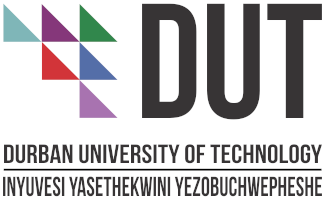Engaging Creativity as an Alternative for Sustainable Inclusion and Integration in Schools: Visual Participatory Approach
DOI:
https://doi.org/10.51415/ajims.v6i1.1383Keywords:
sustainability, creativity, integration, inclusion, visual participatory approachAbstract
Currently, the creativity approach is seen as one of the strategies used to support education through the teaching and learning process. In this regard, an art-based creative approach was used as a research design, which in recent years has been massively developed and has generated multiple data in research studies. Despite its collaborative feature and benefits, the creative approach is not usually employed in the teaching and learning process in schools, because this approach requires resources and time to accomplish the goals for the teaching and learning process in schools. This paper aims to evidence the use of the creative approach as an alternative for the sustainable inclusion and integration of learners in South African schools, as well as why it should be used as a supportive model in the educational context. To do this, the study presents a creative visual participatory approach which was done using recycled materials. The creative visual participatory approach and focus group interviews were employed with six teachers and six learners in the intermediate and senior phases in selected primary schools. Thematic data analysis enabled us to identify codes and themes that indicated the practical examples for inclusion and integration programs, events and sessions in schools. The data generation methods used met the standards of creativity expectations and extended the possibility of availability of recyclable resources and materials within the school environment. The findings reveal that creativity enhances critical thinking and problem-solving skills; thus, at present, both teachers and learners are benefiting from the use of this innovative strategy. The study also insists that it is crucial to employ the creativity approach for sustainable inclusion and integration of learners in South African school contexts.
Downloads
Downloads
- PDF 426 Downloads






